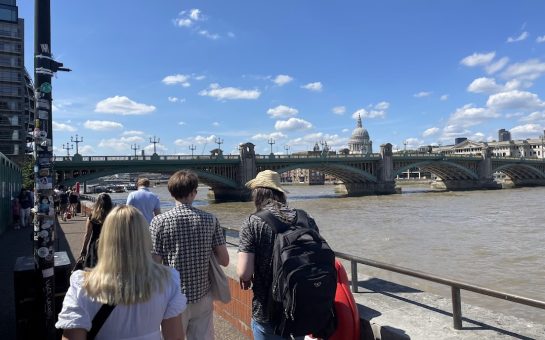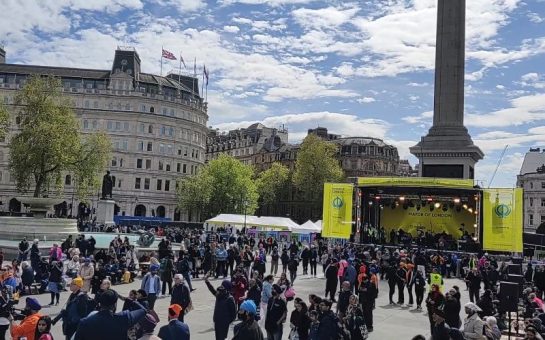Fewer older, polluting vehicles are being driven into London’s expanded Ultra Low Emission Zone (ULEZ), according to a report released from the Mayor’s office.
In the expanded ULEZ’s first month, 92 per cent of vehicles driven into the zone were compliant with the new standard — in 2017, only 39 per cent of vehicles driving through the ULEZ were compliant.
The ULEZ expanded from central London to cover the North Circular Road (A406) and South Circular Road (A205), an 18 times expansion from its original size.
Mayor of London Sadiq Khan said: “This is vitally important because toxic air is an invisible killer, responsible for one of the biggest public health crises of our generation.
“Everyone should have the right to breathe clean air, which is why expanding the ULEZ was a crucial step.
The weekday averages for non-compliant vehicles has fallen from 127,000 in October 2021, to 80,000 after the ULEZ’s expansion – a drop of 37%.
Weekend averages of non-compliant vehicles fell from 108,00 in October 2021, to 70,000 after the ULEZ’s expansion – a drop of 35%.
ULEZ restrictions mean that drivers of petrol vehicles registered before 2005, or diesel vehicles registered before 2015, have to pay a daily £12.50 charge when driving into controlled areas.
Transport for London has issued warning notices over the last month to drivers of non-compliant vehicles on their first offence.
However, £160 penalties will now be issued regardless – the charge is halved if it is paid within 14 days.
The Mayor also introduced stricter standards for heavy vehicles in March in the hopes of reducing nitrogen oxide (NOx) emissions from road transport by 30% across London.
Nitrogen oxides are poisonous gases emitted by diesel cars and contribute to environmental problems like acid rain and smog.
NOx exposure also has negative health effects.
It can cause breathing problems, headaches, chronically reduced lung function, irritation, loss of appetite and corroded teeth.
The World Health Organisation identified diesel engine exhaust as cancer causing.
Rosamund Adoo-Kissi-Debrah, WHO BreatheLife Ambassador and Founder of the Ella Roberta Family Foundation, said: “A year ago, the coroner’s inquest into my daughter’s death found that Ella’s worst asthma attacks coincided with spikes in air pollution, mostly from polluting vehicles near our home.
“The experts who spoke at the inquest recommended expanding London’s ULEZ in order to prevent future deaths like Ella’s.
“The next step must be to roll ULEZ out to the M25, to protect all of London from the dangerous and deadly health impacts of air pollution. We all have a right to breathe clean air,” she added.
Featured Image: Sharon-Langridge, Flickr




